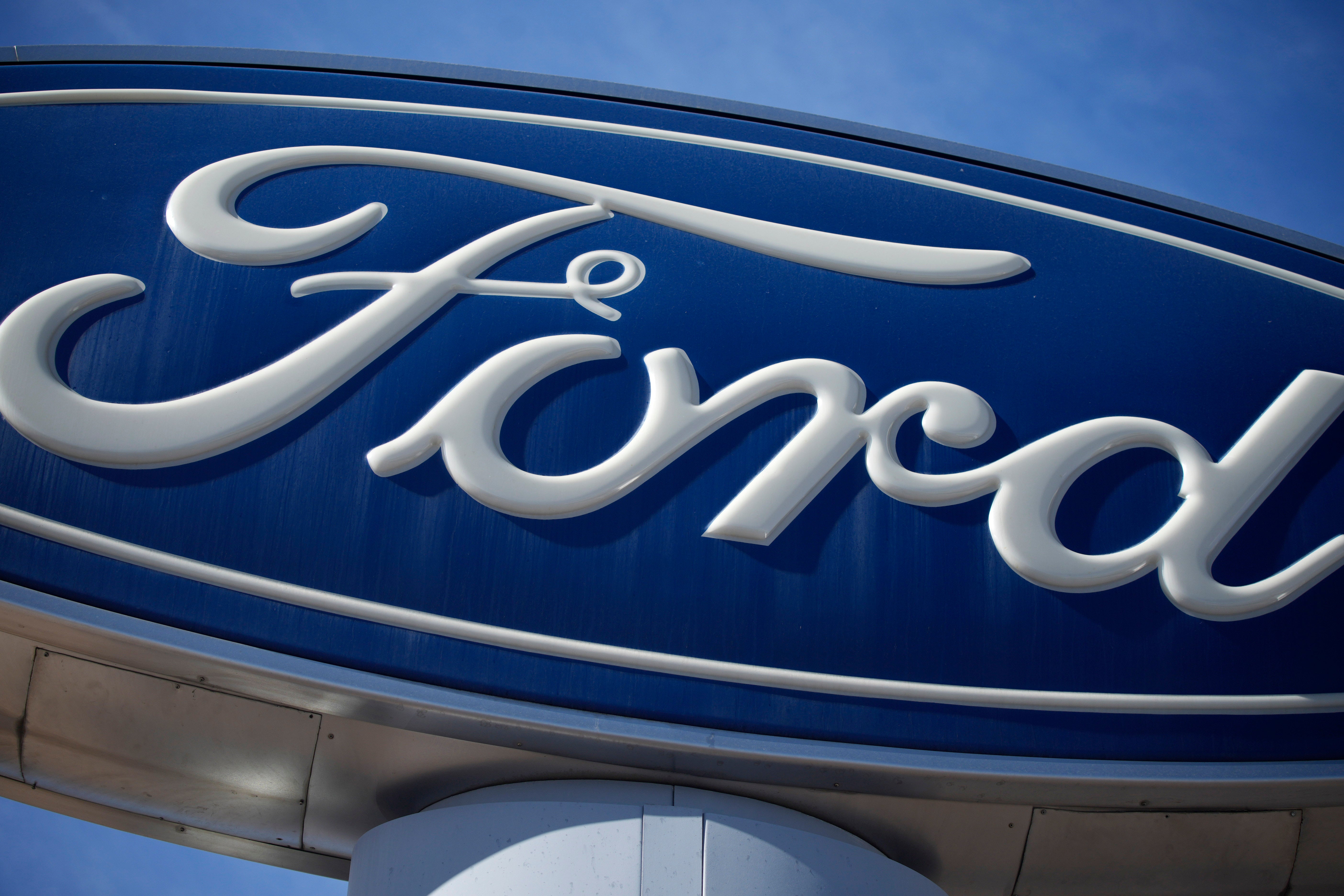Philadelphia woman who was driving a partially automated Mustang Mach-E charged with DUI homicide
Pennsylvania State Police say a woman was intoxicated while using a partially automated driving system when she caused a March highway crash in Philadelphia that killed two people

Your support helps us to tell the story
From reproductive rights to climate change to Big Tech, The Independent is on the ground when the story is developing. Whether it's investigating the financials of Elon Musk's pro-Trump PAC or producing our latest documentary, 'The A Word', which shines a light on the American women fighting for reproductive rights, we know how important it is to parse out the facts from the messaging.
At such a critical moment in US history, we need reporters on the ground. Your donation allows us to keep sending journalists to speak to both sides of the story.
The Independent is trusted by Americans across the entire political spectrum. And unlike many other quality news outlets, we choose not to lock Americans out of our reporting and analysis with paywalls. We believe quality journalism should be available to everyone, paid for by those who can afford it.
Your support makes all the difference.A woman was intoxicated and using a partially automated driving system when she caused a March highway crash in Philadelphia that killed two people, authorities said as they announced homicide charges against the driver.
State and federal investigators say the woman’s Ford Mustang Mach-E SUV struck the stationary vehicle of a man who had stopped on the left shoulder of I-95 to assist a driver whose car had broken down ahead of him. The March collision, which occurred around 3 a.m., killed both men.
The crash was at least the second this year involving a Mach-E striking a stationary vehicle after dark that the NTSB has investigated. In a February crash along Interstate 10 in San Antonio, Texas, investigators believe a Mach-E struck a Honda CR-V that was stopped in the middle lane with no lights on. The driver of the CR-V was killed.
In a statement Tuesday, Pennsylvania State Police said that drivers using advanced technologies should be prepared to resume control at all times.
“No partially automated vehicle technology should ever be left alone to perform the driving tasks that are required to safely navigate the roads of the commonwealth,” the agency said.
Ford’s Blue Cruise system allows drivers to take their hands off the steering wheel while it handles steering, braking and acceleration on highways. The company says the system isn’t fully autonomous and it monitors drivers to make sure they pay attention to the road.
Investigators in Philadelphia believe that Mustang driver Dimple Patel was driving about 71 mph (114 kph), using both Blue Cruise and Adaptive Cruise Control, when the crash occurred. A fourth vehicle was also struck.
The 23-year-old Patel, a pre-med student from Philadelphia, faces multiple charges, including homicide by vehicle while driving under the influence and involuntary manslaughter. She turned herself in to police Tuesday on the charges filed last week, state police said.
Defense lawyer Zak Goldstein said he had not yet seen the criminal complaint or any reports on the crash, and called the deaths a tragedy. However, he noted that, broadly speaking, Pennsylvania law on DUI-related homicides requires “that the DUI caused the homicide."
“If in fact it's a failure in a self-driving or a driving system, that may not be a homicide by DUI even if the driver is intoxicated,” he said, adding that he has not seen any case law on the issue in Pennsylvania.
Ford has said it was collaborating with both the state police and the National Highway Traffic Safety Administration in reviewing the crash, which killed Aktilek Baktybekov, who had broken down, and Tolobek Esenbekov, who had presumably stopped in the shoulder to assist him.
Federal investigators have studied other previous crashes involving partially automated driving systems, most involving Tesla’s Autopilot.